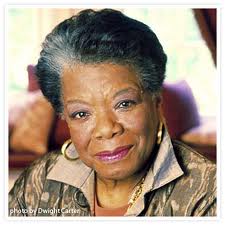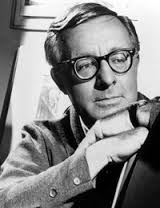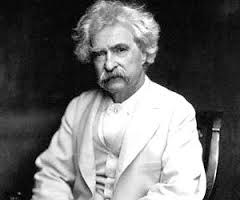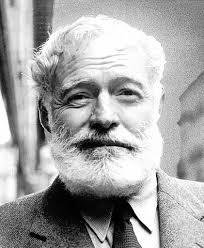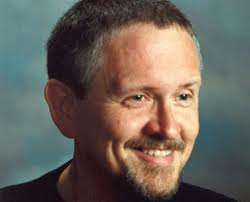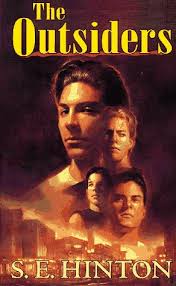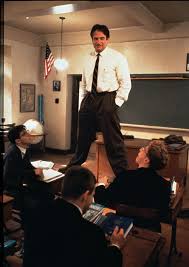It can happen to anybody. Sometimes the ideas aren’t pouring from your brain when it’s time to write. No matter what you do or how long you wait, the page remains blank before you. This is called Writer’s Block.
This problem can have many causes, from having difficulty coming up with new ideas to being distracted by other events in one’s life. Here’s what some famous authors have to say about it.
“What I try to do is write. I may write for two weeks ‘the cat sat on the mat, that is that, not a rat.’ And it may be just the most boring and awful stuff. But I try. When I’m writing, I write. And then it’s as if the muse is convinced I’m serious and says ‘Okay, okay. I’ll come.'” Maya Angelou
“In the middle of writing something you go blank and your mind says, ‘No, that’s it.” Ok. You’re being warned, aren’t you? Your subconscious is saying “I don’t like you anymore. You’re writing about things I don’t give a damn for.” You’re being political, or you’re being socially aware. You’re writing things that will benefit the world. To hell with that! I don’t write things to benefit the world. If it happens that they do, swell. I didn’t set out to do that. I set out to have a hell of a lot of fun. I’ve never worked a day in my life. The joy of writing has propelled me from day to day and year to year. I want you to envy me, my joy. Get out of here tonight and say: ‘Am I being joyful?’ And if you’ve got a writer’s block, you can cure it this evening by stopping whatever you’re writing and doing something else. You picked the wrong subject.” Ray Bradbury
“The secret of getting ahead is getting started. The secret to getting started is breaking your complex overwhelming tasks into small manageable tasks, and then starting on the first one.” Mark Twain
“Always stop while you are going good and don’t think about it or worry about it until you start to write the next day. That way your subconscious will work on it all the time. But if you think about it consciously or worry about it you will kill it and your brain will be tired before you start.” Ernest Hemingway
“Writer’s block is my unconscious mind telling me that something I’ve just written is either unbelievable or unimportant to me, and I solve it by going back and reinventing some part of what I’ve already written so that when I write it again, it is believable and interesting to me. Then I can go on. Writer’s block is never solved by forcing oneself to “write through it,” because you haven’t solved the problem that caused your unconscious mind to rebel against the story, so it still won’t work – for you or for the reader.” Orson Scott Card
There are other strategies out there, from walking away for a few hours and clearing your head to doing daily bits of free-writing. Personally, I keep an idea journal around. If I get an idea, I jot it down to look at later. Some ideas sound silly at first glance, but writing them down lets me go back and give them a second look later.
But what about you? Do you other writers have a special strategy of getting past the blank page? Let us know in the comments. Until then, I wish you all good night, and good luck.

